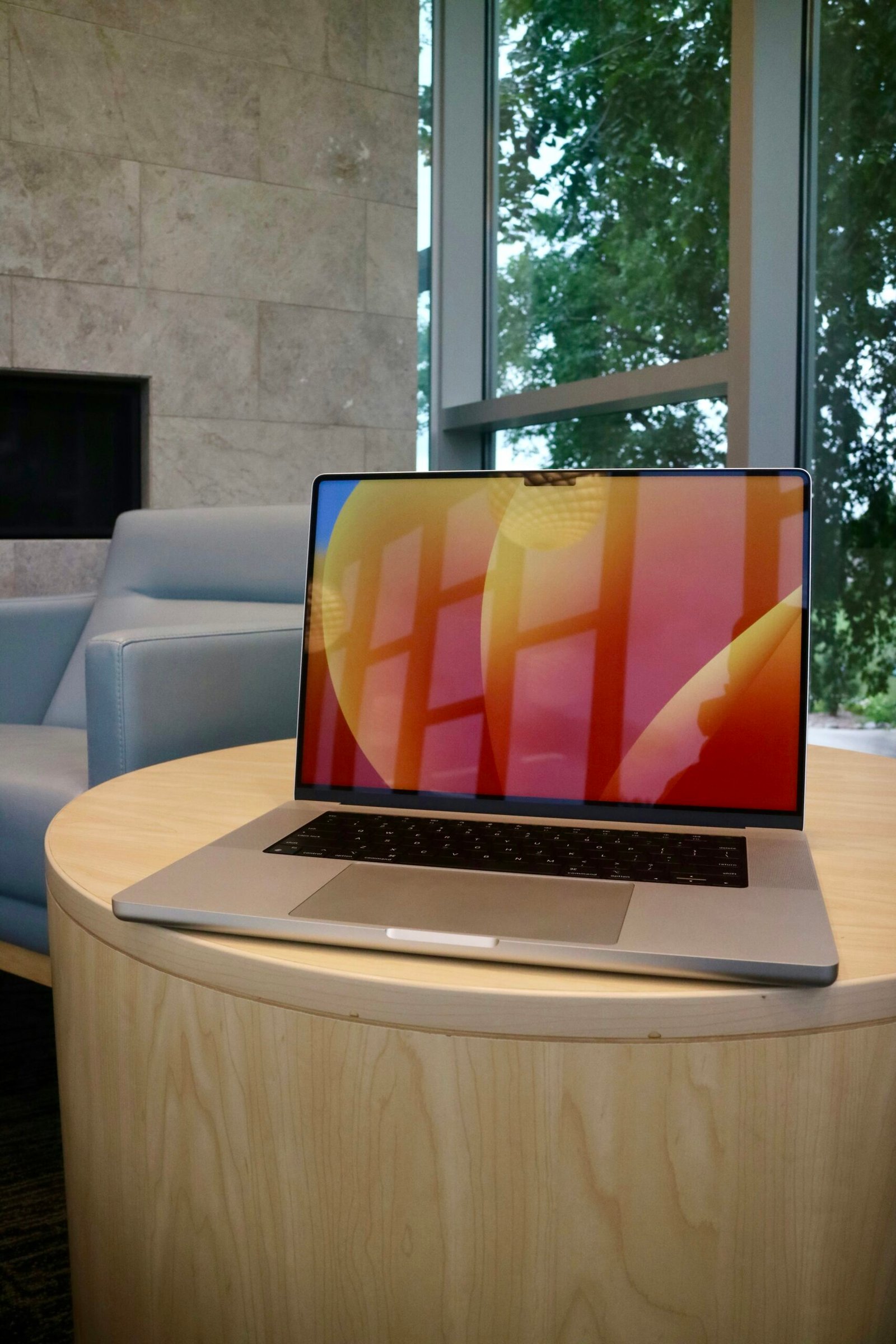

Introduction to Selecting the Best Laptop for Students
Choosing the right laptop is a crucial decision for students as it directly influences their productivity and academic experience. In today’s digital age, a laptop serves as a primary tool for research, project completion, and access to educational resources. Therefore, before making a purchase, students must consider several important factors that cater to their specific needs.
First and foremost, a student’s budget plays a significant role in laptop selection. With numerous options available in various price ranges, identifying the right balance between cost and features is essential. Students may find themselves on a tight budget, so it is important to look for laptops that offer the necessary performance without breaking the bank. Affordable models often provide sufficient processing power for tasks such as word processing, web browsing, and video conferencing without sacrificing essential features.
In addition to budget, performance is another vital consideration. Students often require a laptop that can handle multiple applications simultaneously for tasks such as note-taking during lectures, running educational software, or streaming lectures online. Therefore, identifying laptops with adequate RAM and processing capacity is crucial. This ensures the device operates efficiently, which is essential for maintaining focus and productivity while working on academic assignments.
Portability is yet another important factor. Students typically need to move between classes, libraries, and study groups. A lightweight, compact laptop can greatly enhance mobility while ensuring that students can work from various locations comfortably. When selecting a laptop, it is advisable to consider factors such as battery life as well. A long-lasting battery is essential to support academic schedules that may extend beyond the availability of power outlets.
Lastly, understanding specific use cases, such as whether the laptop will be used primarily for writing papers, editing videos, or programming, can provide valuable insight into which features to prioritize. By carefully assessing these considerations, students can make informed decisions that cater to their academic needs, ultimately enhancing their overall educational experience.
Criteria for Choosing the Right Laptop
Selecting the right laptop for students requires careful consideration of several critical criteria. First and foremost, processor speed is pivotal. A laptop equipped with a powerful processor ensures efficient multitasking, which is essential for students juggling multiple applications. Intel’s Core i5 or Ryzen 5 series are popular choices offering a balance between performance and energy efficiency, facilitating smooth operation during both intensive tasks and casual use.
Another vital aspect is Random Access Memory (RAM). A minimum of 8GB is recommended for students engaging in tasks such as video editing or complex data analysis. Sufficient RAM allows for swift access to data and ensures that multiple applications can run simultaneously without lag, making it indispensable for a seamless academic experience.
Storage capacity also plays a crucial role in the overall functionality of a laptop for students. Solid State Drives (SSD) are preferred over traditional Hard Disk Drives (HDD) due to their superior speed and reliability. An SSD with at least 256GB is ideal, as it not only provides ample space for storing documents and software but also enhances the system’s boot-up time and application launch speeds.
Battery life is another significant criterion. A laptop that can last a full day without needing a charge is invaluable for students, who often are on the go between classes, libraries, and study sessions. Aim for a battery life of at least 8 hours to ensure it can support long days without interruption.
Lastly, display quality cannot be overlooked. A decent screen resolution, such as Full HD (1920×1080), is essential for clarity and ease on the eyes, especially during extended study periods. Build durability should also factor into the decision-making process; a robust device can withstand the rigors of student life, including frequent transport between classes and potential accidental drops.
Top 20 Laptops for Students: Reviews and Recommendations
As students increasingly rely on technology for their studies, selecting the right laptop becomes crucial. This guide presents a curated list of the top 20 laptops specifically recommended for students, tailored to various needs and budgets. Each laptop entry is designed to provide essential details, ensuring informed decisions.
1. Acer Aspire 5: This laptop is known for its balance of performance and price, featuring an Intel i5 processor, 8GB of RAM, and a 256GB SSD. It offers a 15.6-inch display, ensuring a comfortable viewing experience. Priced around INR 50,000, it’s an ideal choice for most students.
2. Dell Inspiron 15: A robust laptop equipped with a Ryzen 5 chip and 512GB of storage. It’s praised for its build quality and battery life. The pricing hovers around INR 55,000, making it great value for money.
3. HP Pavilion x360: This versatile 2-in-1 laptop features a touch screen, perfect for those who want the flexibility of a tablet. With an i3 processor and 8GB of RAM, it’s priced at about INR 45,000.
4. Lenovo IdeaPad Slim 3: An affordable option with a Ryzen 5 CPU and a lightweight design. Costing around INR 40,000, it performs well for everyday tasks.
5. Apple MacBook Air (M1): A premium choice showcasing the efficiency of Apple’s M1 chip. With 8GB RAM and 256GB storage, it retails at approximately INR 92,000, perfect for students in design or media courses.
6. ASUS VivoBook 14: Known for its sleek design and decent performance. The Intel i5 variant is available for INR 50,000, making it an attractive pick.
Each of the laptops listed above is designed to cater to different preferences—whether you prioritize portability, performance, or budget—providing options suitable for every student. Students can explore these recommendations and find the best laptop to facilitate their academic journey.
Conclusion and Final Thoughts
In conclusion, selecting the right laptop is a vital decision for students, as it significantly impacts their academic performance and daily productivity. Throughout this guide, we have explored a diverse range of laptops tailored to meet various needs and preferences. From lightweight models ideal for portability to powerful machines designed for demanding tasks, we aimed to provide recommendations that cater to an assortment of academic requirements.
For students focused on basic tasks such as note-taking, web browsing, and online research, budget-friendly options equipped with sufficient processing power, ample connectivity, and durability are recommended. Alternatively, creative students engaged in graphic design, video editing, or programming may benefit from laptops with robust performance specifications and enhanced graphics capabilities. As technology continuously evolves, prioritizing specifications suited for individual academic pursuits will yield the best results.
As you navigate through the decision-making process, it’s essential to reflect on your unique circumstances, such as your area of study, preferred operating system, and budget constraints. Remember that investing in a reliable laptop can significantly contribute to a productive learning environment. We encourage you to explore the laptops highlighted in this guide through the links provided, ensuring you make an informed choice. Take the time to assess your requirements, compare options, and ultimately select the device that aligns with your educational objectives. Making a well-rounded decision will help support your academic journey and enhance your overall experience as a student.




